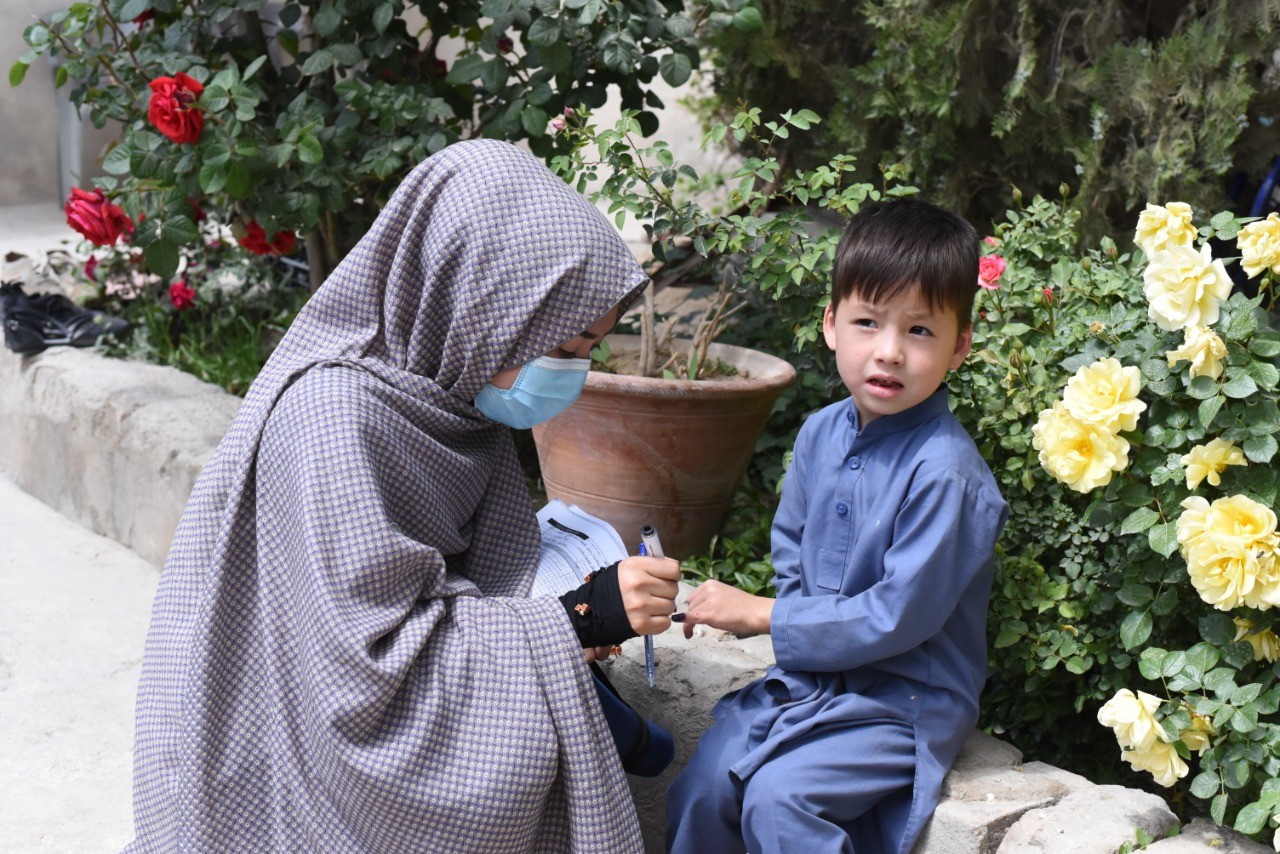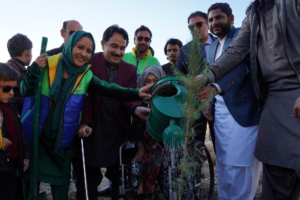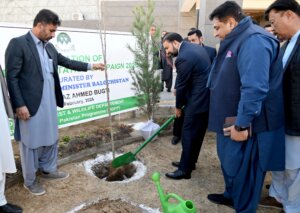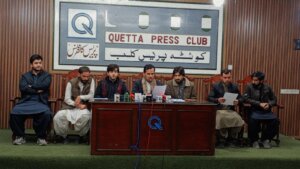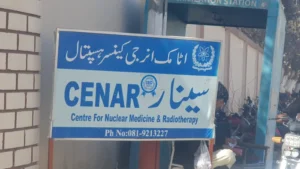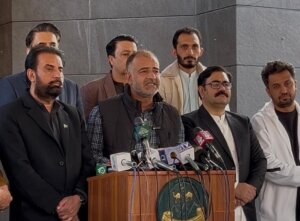Editorial:
The recent report of the 15th polio case in Balochistan, involving a 30-month-old child from Pishin, is a stark reminder of the ongoing battle against this crippling virus. With the total number of polio cases in Pakistan reaching 22 this year, it is evident that our efforts are falling short.
Ayesha Raza Farooq, the Prime Minister’s Focal Person on Polio Eradication, rightly expressed deep concern over the rising number of cases. Her statement, “Each new case is a heartbreaking reminder that we are failing our children,” resonates with the harsh reality. Despite the simplicity of the solution—timely and repeated vaccination—the targets seem to be achieved only in media reports, not on the ground.
The traditional methods being applied are clearly insufficient. Vaccine hesitancy, population mobility, and insecurity are significant challenges that require innovative, out-of-the-box solutions. The Chief of the Emergency Operations Centre (EOC) Balochistan, Inam ul Haq is undoubtedly a committed officer, but the sheer number of stakeholders involved often leads to fragmented efforts and diluted accountability.
It is time for a paradigm shift. We need to move beyond conventional strategies and adopt a more holistic approach. This includes leveraging technology for better tracking and outreach, engaging community leaders to build trust, and ensuring that vaccination campaigns are not just periodic events but a continuous, integrated effort.
The situation in Balochistan is dire, and it demands coordinated action from all sectors of society. The dream of a polio-free Pakistan can only be realized through collective responsibility and unwavering commitment. We owe it to our children to ensure that no more lives are marred by this preventable disease.
